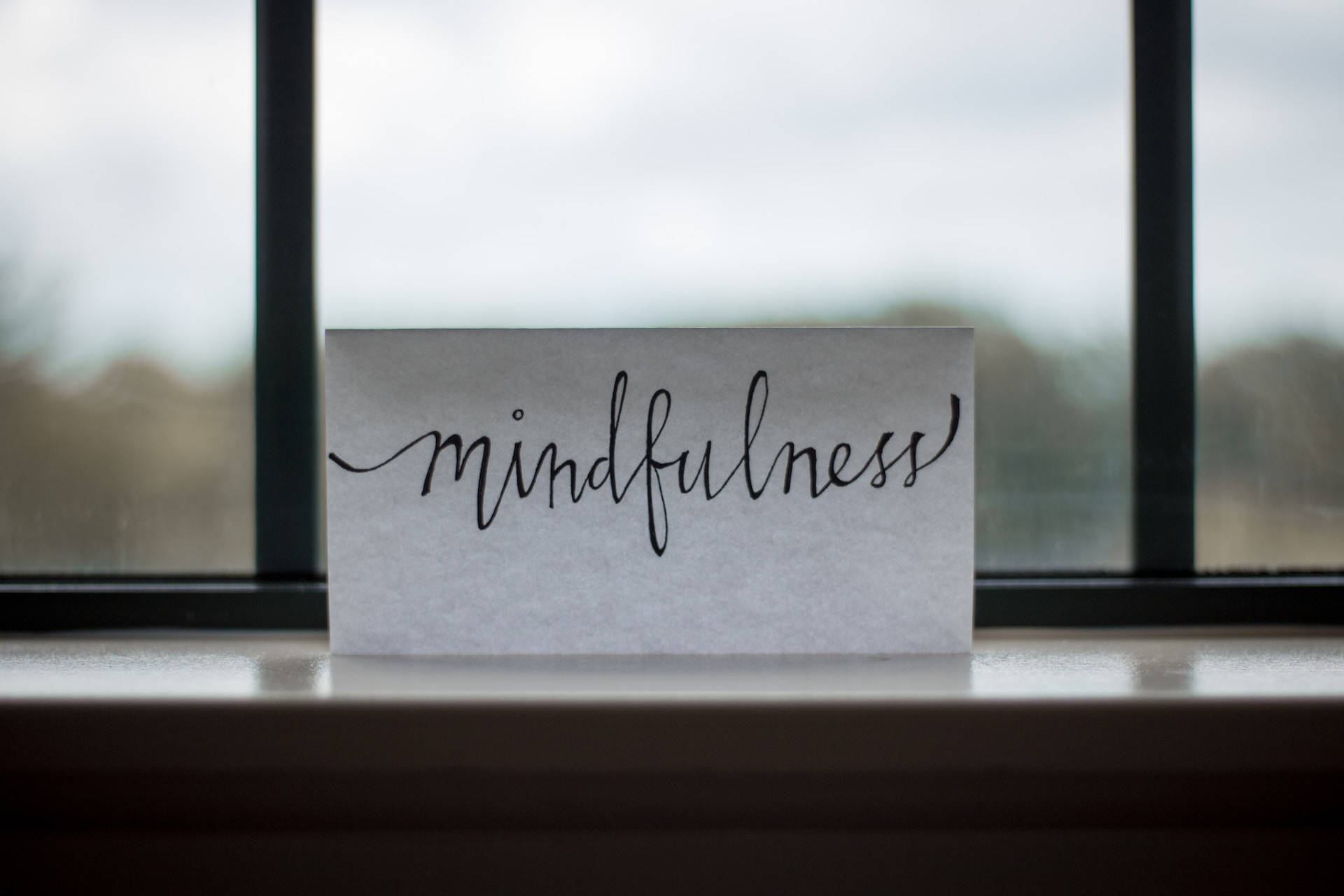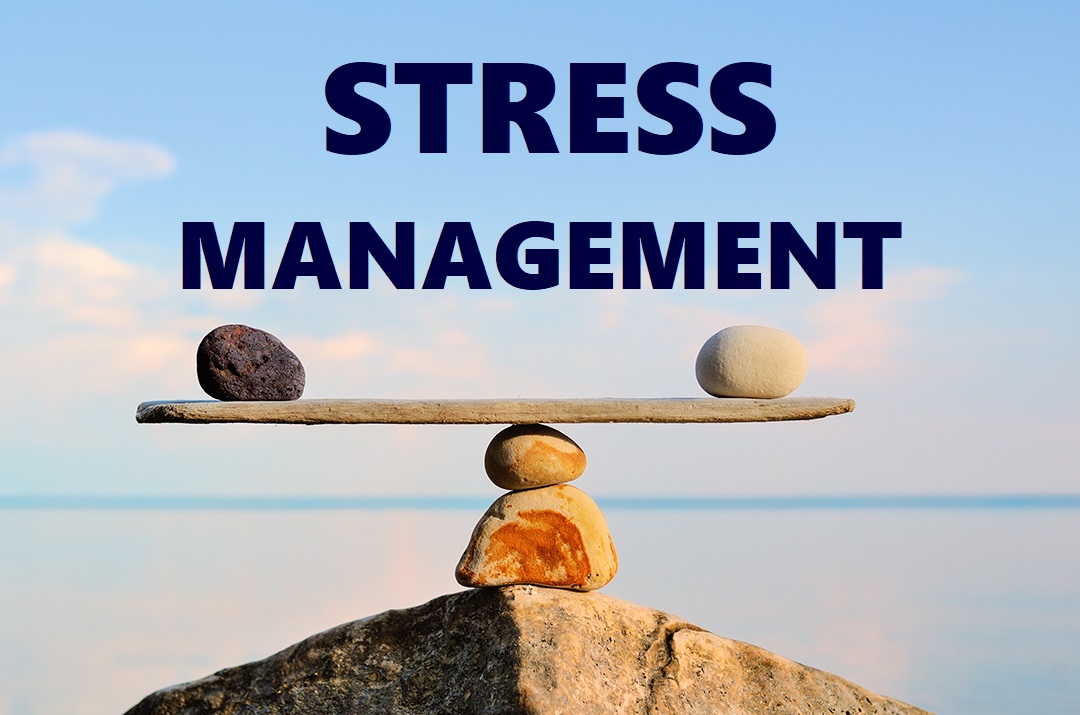❖ Introduction:
In the fast-paced world we live in, stress has become an inevitable companion for many. From the demands of work and family to the constant bombardment of information, it’s easy to feel overwhelmed. However, managing stress is not only crucial for our mental and emotional well-being but also for our physical health. In this comprehensive guide, we will explore various aspects of stress, its impact on our lives, and most importantly, effective strategies for stress management.
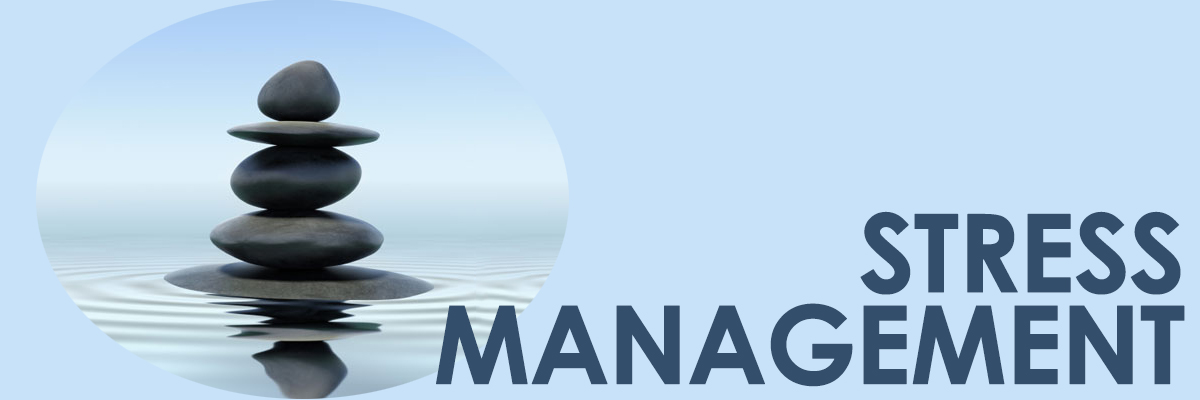
(I) Understanding Stress:
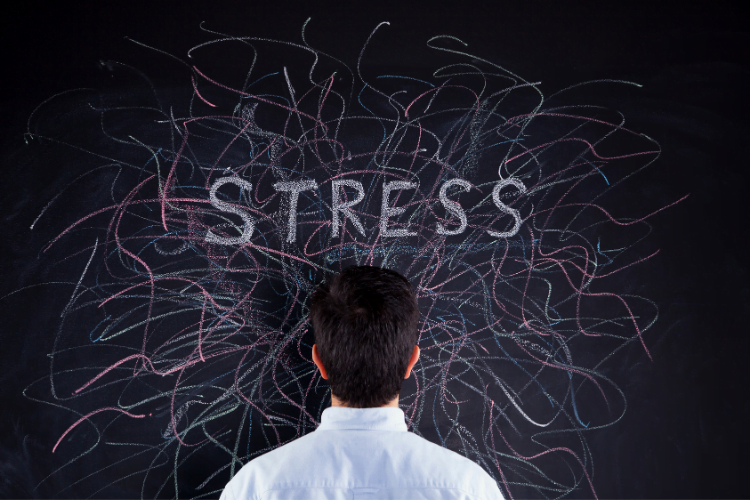
⮚ Defining Stress: Stress is a natural response to challenging situations, triggering the body’s fight-or-flight mechanism. While short-term stress can be beneficial, chronic stress can have detrimental effects on our health.
⮚ Types of Stress: Differentiate between acute stress, episodic acute stress, and chronic stress. Understanding these distinctions is vital for tailoring appropriate management strategies.
(II) Impact of Stress on Health:
⮚ Physical Health: Chronic stress is linked to various health issues such as cardiovascular diseases, weakened immune system, and digestive problems. Explore the physiological mechanisms behind stress-related health issues.
⮚ Mental Health: Stress is a major contributor to mental health disorders like anxiety and depression. Delve into the intricate relationship between stress and mental well-being.
(III) Identifying Stressors:

⮚ Workplace Stress: Explore common stressors in the workplace and discuss strategies for creating a healthier work environment. This may include time management techniques, setting boundaries, and fostering a supportive workplace culture.
⮚ Personal Stressors: Investigate stressors in personal life, such as relationship issues, financial concerns, and life transitions. Provide guidance on coping mechanisms and seeking support from friends, family, or professionals.
(IV) Effective Stress Management Strategies:

⮚ Mindfulness and Meditation: Introduce the concept of mindfulness and how practices like meditation can help in managing stress. Highlight scientific studies supporting the positive impact of mindfulness on stress reduction.

⮚ Physical Activity: Explore the role of exercise in stress management. Discuss the release of endorphins, the “feel-good” hormones, and the importance of finding an exercise routine that suits individual preferences.
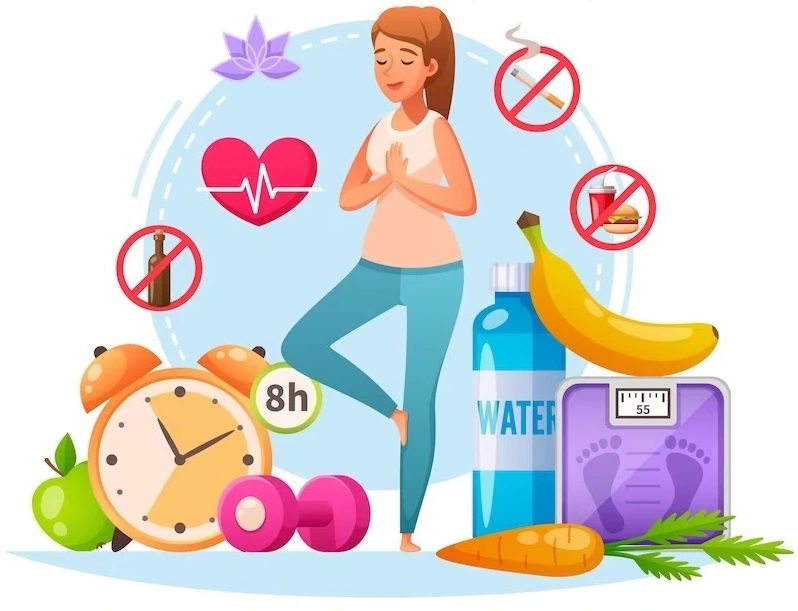
⮚ Healthy Lifestyle Choices: Emphasize the significance of a balanced diet, regular sleep patterns, and avoiding substances like alcohol and nicotine. A healthy lifestyle provides a solid foundation for stress resilience.
⮚ Time Management: Discuss effective time management techniques, including prioritization, delegation, and setting realistic goals. Time management skills empower individuals to navigate through daily challenges more efficiently.

⮚ Social Support: Highlight the importance of a strong support network. Encourage building and maintaining positive relationships, seeking emotional support, and expressing feelings to trusted friends or family members.
⮚ Relaxation Techniques: Incorporating relaxation techniques such as deep breathing, progressive muscle relaxation, or aromatherapy can activate the body’s relaxation response, countering the effects of stress.
⮚ Setting Realistic Goals: Unrealistic expectations can lead to chronic stress. Setting achievable goals and breaking larger tasks into smaller, manageable steps can make challenges seem more surmountable.

⮚ Cognitive Behavioral Techniques: Introduce cognitive-behavioral strategies for changing negative thought patterns. Discuss the power of reframing thoughts and cultivating a more positive mindset.
(V) Seeking Professional Help:

The patient is in the psychologist’s office and talks about his experiences and problems. Consultation and assistance of a psychologist. Vector illustration in a flat style.
⮚ Therapy and Counseling: Break down the stigma surrounding therapy and counseling. Discuss the benefits of talking to a mental health professional and seeking guidance for managing stress.
⮚ Medication: Address the role of medication in managing stress-related mental health disorders. Emphasize the importance of consulting with a healthcare professional for personalized recommendations.
❖ Conclusion:
In conclusion, stress management is a multifaceted journey that involves understanding the sources of stress, adopting healthy lifestyle choices, and seeking support when needed. By implementing the strategies discussed in this comprehensive guide, you can take proactive steps towards leading a more balanced and resilient life in the face of life’s challenges.
“REMEMBER, STRESS IS A PART OF LIFE, BUT HOW WE MANAGE IT DETERMINES OUR OVERALL WELL-BEING”
